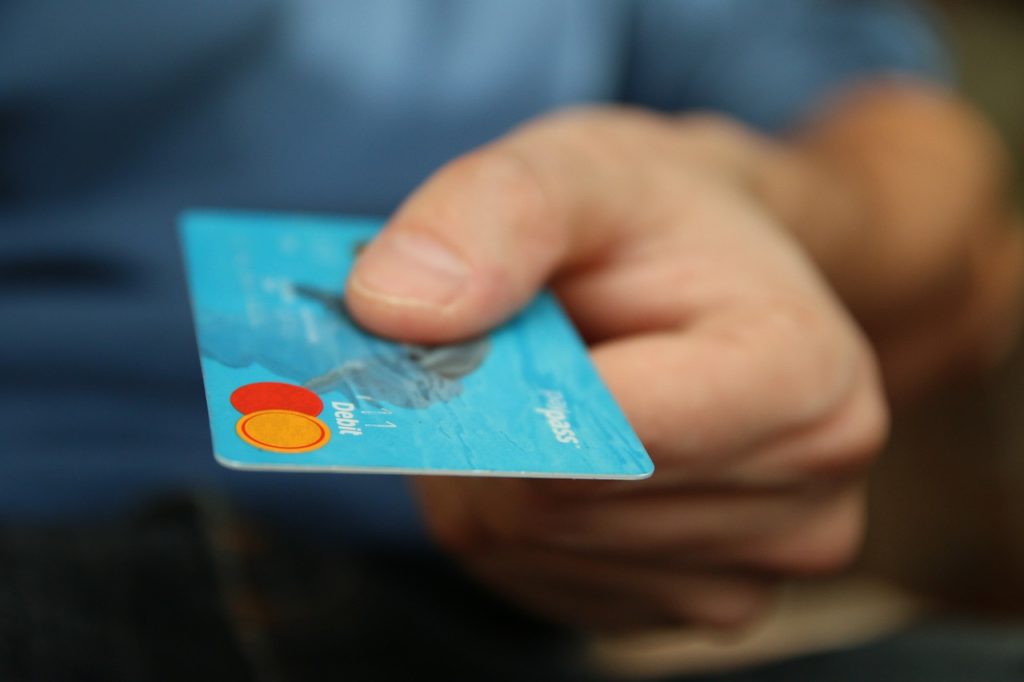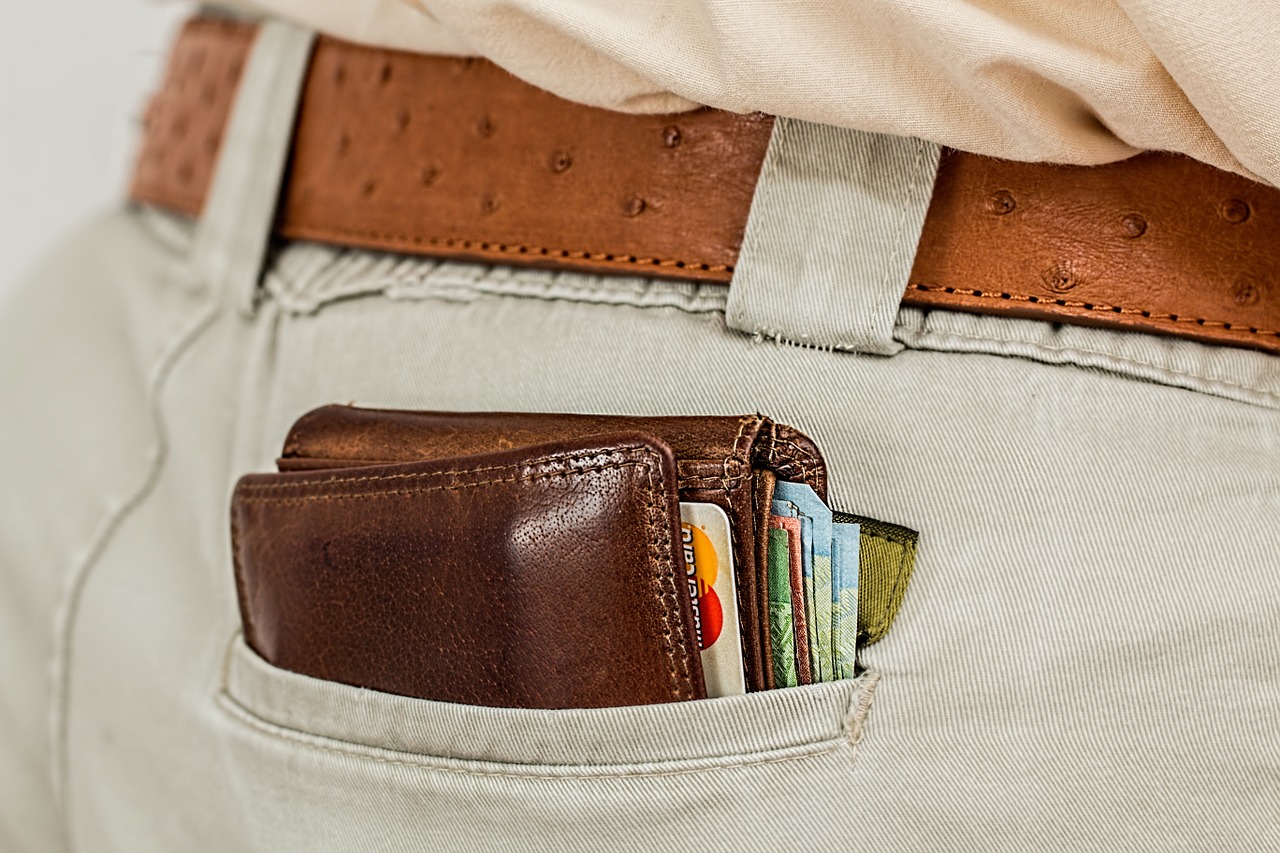Although more than one-third of Americans are worried that they will max out their credit cards, people are taking on more high-interest debt than ever before, according to recent research. The findings, which are based on a WalletHub credit card survey, highlight the fear that this problem is increasing among Americans who may feel greater financial pressure and lack knowledge of options to address it. Of the respondents, 37 percent said they had already maxed out their credit card, and 14 percent had maxed out a card more than once. While the survey only included about 700 people, the results are still quite surprising, especially considering that the United States recently surpassed $1 trillion in credit card debt. All of this raises the question of what happens when a credit card is maxed out?
The Potential Consequences of Maxing out Your Credit Card
If you max out your credit card, there may be several consequences. The first one that individuals can expect is a drop in their credit score. Even if they continue to make regular payments on time, their score will drop due to a high credit utilization ratio. This ratio is the amount of credit used compared to the amount available in your individual accounts. Unfortunately, this ratio factors very heavily into a FICO score, so people’s credit scores can drop as they grow closer to maxing out their cards. Ideally, credit utilization will be under 30 percent on individual cards and overall, with under 10 percent being even better. A 100 percent ratio will make it much more difficult to obtain more credit. Today, accounts usually allow people to set alerts so that they know when a certain utilization threshold is reached.

In addition, when people max out a credit card, their account could be closed. Creditors can close an account for virtually any reason, and this sometimes happens when people max out their cards since this can be seen as a sign that a customer is experiencing financial difficulties. Context counts for something. Card issuers may not cancel your account if a big purchase pushes your credit card toward the limit, as long as you continue to make minimum monthly payments. However, when a balance is chronically high and then pushes over, deactivation might occur. When this occurs, individuals are still accountable for the debt that they owe. If your account is closed, you should contact the issuer for clarification about what happened. If a card issuer closes your account because the card is maxed out, making a large chunk payment can sometimes cause it to be reinstated.
A major consequence of maxing out your credit card is the potential for penalties. People experiencing financial difficulties may end up paying late or not paying enough to reach the monthly minimum. In either of these cases, the card issuer may impose a penalty or increase your interest rate, which can prove devastating. Often, the penalty rate is close to 30 percent. Creditors will often set it as high as is allowed by law. People may want to consider transferring their balance if this occurs, especially if they still have decent credit. While this won’t eliminate the debt, obviously, it will save you money in the long run, even with transfer fees.
How to Avoid Maxing out Your Cards in the Future
Figuring out what to do after maxing out a card can also prove stressful. For many people, transferring the balance is the best solution since they can often significantly reduce their interest. People should always crunch the numbers to ensure that it makes sense to transfer the balance even with the fees imposed. In addition, they should avoid the trap of moving their balance around continuously without actually paying anything on them. When someone maxes out their credit card, this is a sign that something is financially off balance, so it is important to figure out the root issue and create a new budget rather than move the debt around and not actually pay it off. While a balance transfer provides immediate relief, it is not a long-term solution.
In order to avoid maxing out your credit card in the future, you should sit down and look closely at your expenses to identify where you can cut back moving forward. Often, individuals can cut costs in a number of ways, ranging from finding cheaper gyms to planning inexpensive social events with friends. All the savings from this new budget should go directly toward paying off credit card debt. Sometimes, it is helpful to use apps like Mint in order to figure out where corners can be cut so you can pay down as much of your debt as possible. In fact, these apps are a great way to avoid getting into a similar situation in the future, as they can help you to track your spending. Another important way to prevent something similar from occurring in the future is to create an emergency fund, which can help to cover unexpected expenses so that you do not end up having to use your credit cards.

